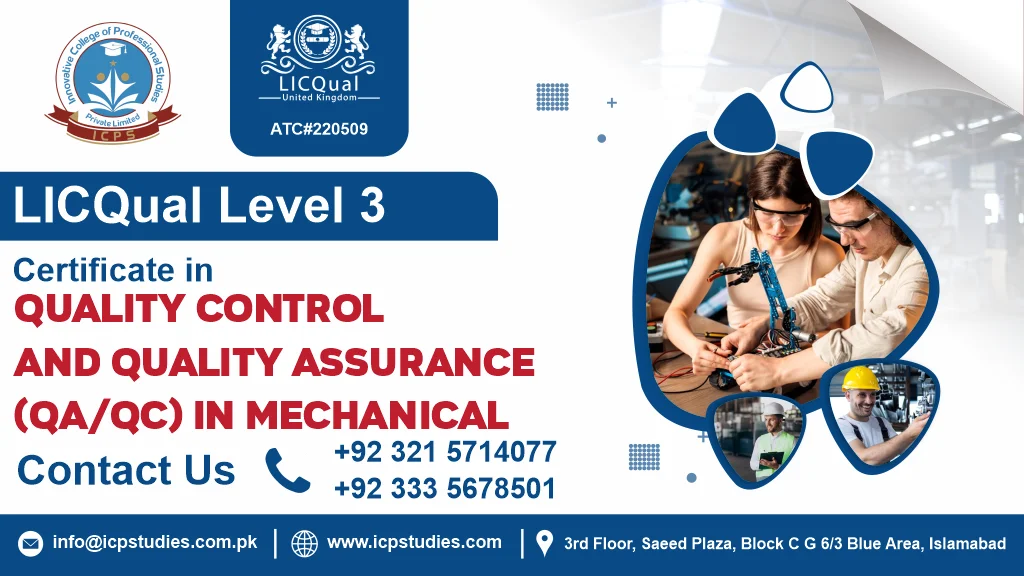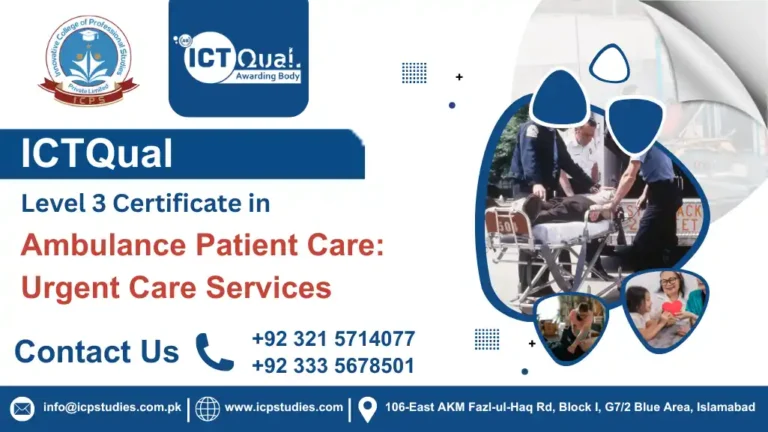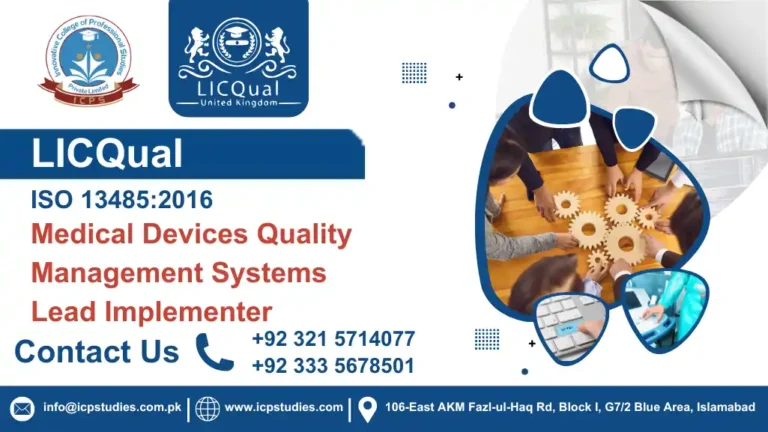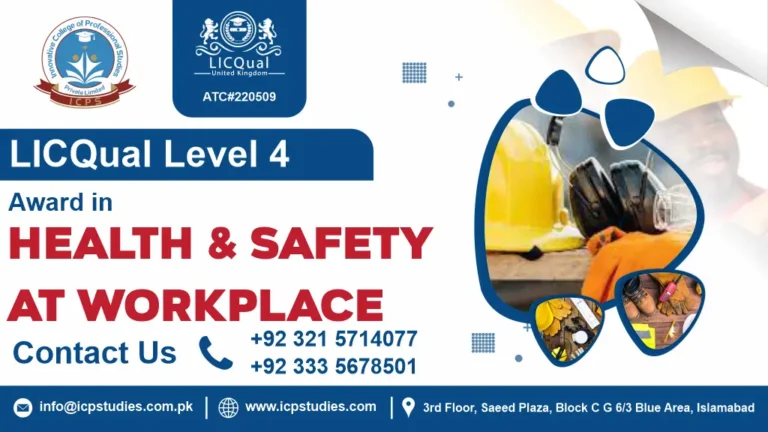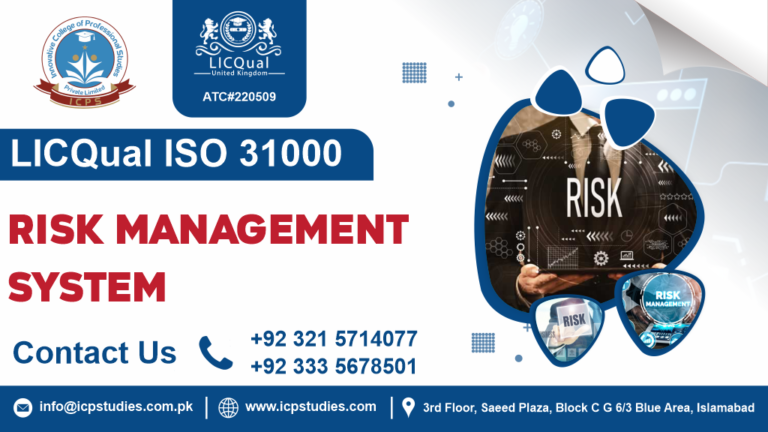In the dynamic field of mechanical engineering, quality control and assurance are pivotal to ensuring that products and processes meet the highest standards of excellence. The Level 3 Certificate in Quality Control and Quality Assurance (QA QC) in Mechanical Engineering offers a specialized pathway for professionals seeking to enhance their skills and advance their careers in this crucial area.
The Level 3 Certificate in Quality Control and Quality Assurance (QA QC) in Mechanical Engineering is a vocational qualification designed to provide foundational knowledge and skills in the principles and practices of quality control and assurance specific to mechanical engineering. This qualification is ideal for individuals seeking to establish or advance their careers in quality management within the mechanical sector.
The Level 3 Certificate in Quality Control and Quality Assurance (QA QC) in Mechanical Engineering is a valuable qualification for professionals looking to advance their careers and enhance their expertise in quality management. With a comprehensive curriculum that covers essential QA QC principles and practices, this certificate equips you with the skills needed to ensure high standards of quality in mechanical engineering. Whether you’re seeking to improve your current role, prepare for a more advanced position, or enhance your employability, this qualification provides a solid foundation for achieving your career goals.
All About Level 3 Certificate in Quality Control and Quality Assurance (QA QC) in Mechanical
Course Overview
The Level 3 Certificate in Quality Control and Quality Assurance (QA/QC) in Mechanical Engineering is a specialized vocational qualification designed to provide foundational knowledge and practical skills in quality control and assurance specifically tailored to the mechanical engineering sector. This qualification is aimed at individuals who are either already working in or aspiring to work in roles related to quality management within mechanical engineering and manufacturing environments.
The Level 3 Certificate in Quality Control and Quality Assurance (QA/QC) in Mechanical Engineering is a valuable credential for professionals seeking to build or advance their careers in quality management. By providing a comprehensive foundation in QA/QC principles and practices, this certificate supports the development of effective quality management strategies and the maintenance of high standards in mechanical engineering and manufacturing.
Study Units
- Introduction to Quality Control and Quality Assurance in Mechanical Engineering
- Quality Management Systems and Standards
- Statistical Process Control (SPC) in Mechanical QA/QC
- Inspection and Testing Techniques for Mechanical Systems
- Non-Destructive Testing (NDT) in Mechanical QA/QC
- Root Cause Analysis and Corrective Actions
- Risk Management in Mechanical Engineering
- Quality Audits and Compliance
- Documentation and Record Keeping in QA/QC
- Communication and Reporting for QA/QC Professionals
To enroll in the LICQual Level 3 Certificate in Quality Control and Quality Assurance (QA QC) in Mechanical, candidates should meet the following criteria:
- Relevant Professional Background: Applicants should have experience in mechanical engineering, manufacturing, or a related field.
- Minimum Qualification: A Level 2 qualification in engineering, manufacturing, or a related discipline is typically required to ensure foundational knowledge of quality control concepts.
- Technical Knowledge: Candidates should possess a basic understanding of mechanical processes, quality assurance standards, and relevant inspection techniques.
- Practical Experience: Hands-on experience in quality control or assurance roles within mechanical environments is beneficial but not mandatory.
- Strong Communication Skills: Effective verbal and written communication skills are essential for documenting quality processes and standards.
- Attention to Detail: A keen eye for detail and a commitment to maintaining high-quality standards in mechanical processes.
- Pre-Course Assessment: Some providers may require candidates to complete an assessment or interview to evaluate their suitability for the course.
The LICQual Level 3 Certificate in Quality Control and Quality Assurance (QA QC) in Mechanical is designed for various professionals in the mechanical and engineering sectors. Ideal candidates include:
- Quality Control Inspectors: Individuals responsible for inspecting and testing mechanical components to ensure they meet quality standards.
- Manufacturing Engineers: Professionals involved in manufacturing processes who wish to enhance their understanding of quality control methodologies.
- Production Supervisors: Those overseeing production teams and looking to implement effective quality assurance practices within their operations.
- Quality Assurance Technicians: Individuals aiming to formalize their skills in QA QC processes specifically within the mechanical field.
- Mechanical Technicians: Technicians working with mechanical systems who want to improve their quality control knowledge and practices.
- Students and New Graduates: Individuals pursuing careers in engineering, manufacturing, or quality assurance who want to gain practical skills in QA QC.
- Process Improvement Specialists: Those focused on enhancing operational efficiency and product quality within mechanical processes.
Learning Outcome
1. Introduction to Quality Control and Quality Assurance in Mechanical Engineering
Learning Outcomes:
- Understand QA/QC Fundamentals: Describe the key concepts and principles of quality control and quality assurance in the context of mechanical engineering.
- Identify Roles and Responsibilities: Explain the roles and responsibilities of QA/QC professionals and their impact on product quality and organizational goals.
- Recognize the Importance: Assess the significance of QA/QC practices in ensuring mechanical components and systems meet required specifications and performance standards.
2. Quality Management Systems and Standards
Learning Outcomes:
- Understand Quality Management Systems (QMS): Describe the components and principles of quality management systems, including the ISO 9001 standard.
- Implement QMS: Demonstrate the ability to implement and maintain a QMS within a mechanical engineering environment.
- Evaluate Compliance: Evaluate organizational compliance with relevant quality standards and identify areas for improvement.
3. Statistical Process Control (SPC) in Mechanical QA/QC
Learning Outcomes:
- Apply SPC Techniques: Utilize statistical methods to monitor and control mechanical engineering processes and ensure quality.
- Interpret Data: Analyze and interpret data from control charts and other SPC tools to identify trends and variations in process performance.
- Implement SPC Strategies: Develop and implement SPC strategies to improve process control and product quality.
4. Inspection and Testing Techniques for Mechanical Systems
Learning Outcomes:
- Perform Inspections: Apply various inspection techniques to assess the quality of mechanical components and systems.
- Conduct Testing: Utilize appropriate testing methods to verify that mechanical products meet design specifications and performance requirements.
- Analyze Results: Interpret inspection and testing results to identify defects and ensure compliance with quality standards.
5. Non-Destructive Testing (NDT) in Mechanical QA/QC
Learning Outcomes:
- Understand NDT Methods: Describe the principles and applications of non-destructive testing methods used in mechanical engineering.
- Apply NDT Techniques: Perform NDT procedures, such as ultrasonic, radiographic, and magnetic particle testing, to evaluate the integrity of mechanical components.
- Evaluate NDT Results: Analyze NDT findings to detect and assess flaws or discontinuities in materials and components.
6. Root Cause Analysis and Corrective Actions
Learning Outcomes:
- Conduct Root Cause Analysis: Identify and analyze the root causes of quality issues and defects in mechanical systems.
- Develop Corrective Actions: Develop and implement corrective and preventive actions to address identified problems and prevent recurrence.
- Monitor Effectiveness: Evaluate the effectiveness of corrective actions and adjust strategies as necessary to improve quality outcomes.
7. Risk Management in Mechanical Engineering
Learning Outcomes:
- Identify Risks: Identify potential risks and hazards associated with mechanical engineering processes and products.
- Assess and Prioritize Risks: Assess and prioritize risks based on their potential impact on quality and safety.
- Implement Risk Management Strategies: Develop and apply risk management strategies to mitigate identified risks and ensure product quality.
8. Quality Audits and Compliance
Learning Outcomes:
- Conduct Quality Audits: Plan and conduct internal and external quality audits to assess compliance with quality management systems and standards.
- Evaluate Audit Findings: Analyze audit results to identify non-conformities and areas for improvement.
- Ensure Compliance: Develop and implement corrective actions to address audit findings and ensure ongoing compliance with quality standards.
9. Documentation and Record Keeping in QA/QC
Learning Outcomes:
- Manage Documentation: Develop and maintain accurate and comprehensive documentation for QA/QC processes and activities.
- Ensure Record Keeping: Implement effective record-keeping practices to support traceability and compliance with quality management requirements.
- Use Documentation Systems: Utilize documentation management systems to organize and retrieve QA/QC records efficiently.
10. Communication and Reporting for QA/QC Professionals
Learning Outcomes:
- Communicate Effectively: Develop and apply effective communication skills to convey quality-related information and findings to various stakeholders.
- Prepare Reports: Create clear and comprehensive QA/QC reports, including inspection results, audit findings, and quality improvement recommendations.
- Facilitate Discussions: Facilitate discussions and meetings related to quality issues, ensuring that key points are communicated clearly and understood by all participants.
These learning outcomes provide a detailed guide to what participants should achieve upon completing each unit of the Level 3 Certificate in QA/QC in Mechanical Engineering, ensuring they gain the skills and knowledge necessary to excel in quality control and assurance roles within the mechanical engineering sector.
FAQs about Level 3 Certificate in Quality Control and Quality Assurance (QA QC) in Mechanical

